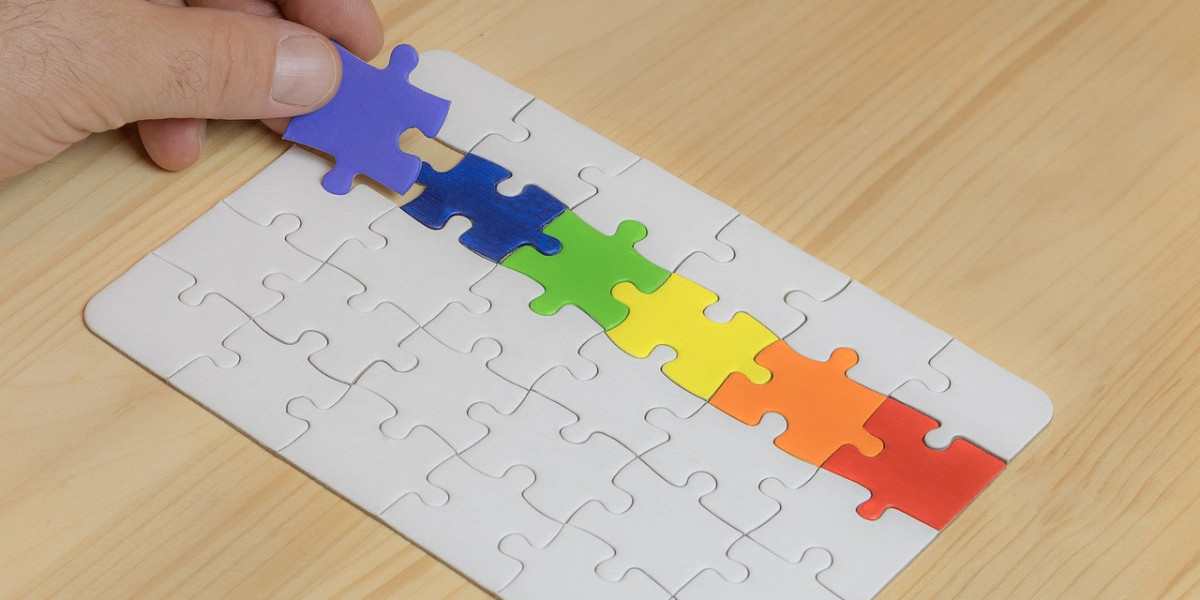Names are the first gift parents give to their children — a gift that carries identity, meaning, and emotion. In Urdu-speaking cultures, this gift is given with deep thought and love, as every name represents faith, heritage, and beauty. When we talk about Boys Name Meanings Explained in Urdu, we enter a world where language, culture, and spirituality meet — where each name tells a story, holds a prayer, and reflects a family’s legacy.
In this article, we explore the cultural depth and emotional connection behind Urdu boys’ names — and how they continue to shape identities across generations.
The Cultural Power of Urdu Names
Urdu is more than just a language; it’s a bridge between history, art, and spirituality. Influenced by Arabic, Persian, and Turkish, Urdu names often blend poetic rhythm with powerful meaning. That’s why Boys Name Meanings Explained in Urdu hold such depth — they reveal how culture and faith are intertwined.
For instance:
Imran (عمران) – meaning prosperity or great nation
Taha (طٰهٰ) – meaning pure or holy
Zayan (زیان) – meaning graceful or beautiful
Aariz (عارض) – meaning respectable or intelligent
Each of these names reflects qualities admired in Urdu and Islamic culture — grace, strength, and wisdom. The meanings are not random; they are chosen with purpose and hope.
The Role of Faith in Urdu Naming
Faith is at the heart of Urdu naming traditions. Many names are derived from Islamic history, honoring prophets, companions, and spiritual values. Names like Ahmed (احمد) meaning the most praised, or Ilyas (الیاس) meaning the Lord is my God, connect families to their religious roots.
By understanding Boys Name Meanings Explained in Urdu, parents can find names that reflect divine attributes or noble virtues — turning a name into a prayer for their child’s character and destiny.
Faith-based names not only preserve cultural continuity but also nurture spiritual growth from the very beginning of life.
Language and Emotion: The Urdu Touch
One of the most beautiful aspects of Urdu names is their sound — smooth, elegant, and poetic. Urdu is often described as the “language of love,” and this tenderness is reflected in its names.
Consider names like:
Arhaan (ارحان) – ruler or kind-hearted
Hadi (هادی) – guide or leader
Rayyan (ریان) – luxuriant or door to paradise
Zidane (زيدان) – growth and progress
When you explore Boys Name Meanings Explained in Urdu, you realize how each name carries not only linguistic beauty but also emotional grace. These names sound soft yet hold powerful meanings — an ideal balance that defines Urdu culture.
The Heritage Behind Every Name
In many Urdu-speaking families, names serve as a bridge between generations. A child might be named after a beloved ancestor or an admired historical figure. This practice ensures that the values, courage, and wisdom of the past continue to live on.
Names like Ali (علی), meaning exalted or noble, or Umar (عمر), meaning life or long-lived, are timeless examples of heritage carried through words.
When parents look up Boys Name Meanings Explained in Urdu, they’re not just choosing something that sounds appealing — they’re continuing a family story. A name becomes a living reminder of those who came before, keeping family traditions alive.
The Influence of Modern Trends
In today’s global world, modern Urdu names are blending traditional meanings with contemporary simplicity. Parents prefer names that are easy to pronounce internationally yet rooted in Urdu culture.
For example:
Ayaan (عیان) – gift of God
Zohan (زوهان) – gift or light of God
Ehan (ایہان) – full moon or shining light
Saif (سیف) – sword or protector
The trend of exploring Boys Name Meanings Explained in Urdu has grown online, where parents search for names that reflect both identity and individuality. These names prove that tradition can stay relevant in a modern context.
The Emotional Connection Between Names and Identity
Names have the power to shape how a person sees themselves. In Urdu culture, names are often seen as an emotional reflection of one’s identity and destiny. A name’s meaning can inspire confidence, kindness, and purpose.
For instance:
Hassan (حسن) – meaning handsome or virtuous
Raza (رضا) – meaning contentment or satisfaction
Noman (نعمان) – meaning blood or strength
Adeel (عادل) – meaning just or fair
By studying Boys Name Meanings Explained in Urdu, parents can find names that embody the values they hope to see in their children — compassion, honesty, and strength.
Urdu Calligraphy: A Cultural Art Form
Urdu calligraphy turns names into art. The way each name flows across the page — curved, elegant, and balanced — gives it an identity beyond pronunciation. Many families love to frame their child’s name in Urdu calligraphy, connecting visual art with emotional meaning.
Names like Zain (زین) or Rayan (ریان) look stunning in traditional Nastaliq script, symbolizing the cultural artistry of Urdu. This connection between words and art enriches the meaning of Boys Name Meanings Explained in Urdu, turning every name into a work of beauty.
Preserving Culture Through Names
Names play an important role in keeping Urdu culture alive. Every time a name is spoken, written, or remembered, it carries the soul of a language and a legacy of centuries. Choosing a name in Urdu is a subtle yet powerful way to preserve identity in a fast-changing world.
As families explore Boys Name Meanings Explained in Urdu, they are participating in cultural preservation — ensuring that Urdu continues to thrive as a language of elegance, meaning, and pride.
Conclusion
Names are more than words — they are expressions of love, faith, and identity. Urdu names for boys beautifully combine all three, offering meanings that inspire and melodies that soothe.
Through Boys Name Meanings Explained in Urdu, families can explore the heart of a language that celebrates spirituality, culture, and emotional depth. Every name, whether ancient or modern, carries a legacy that connects past generations to the future — proving that names are indeed one of life’s most meaningful gifts.



